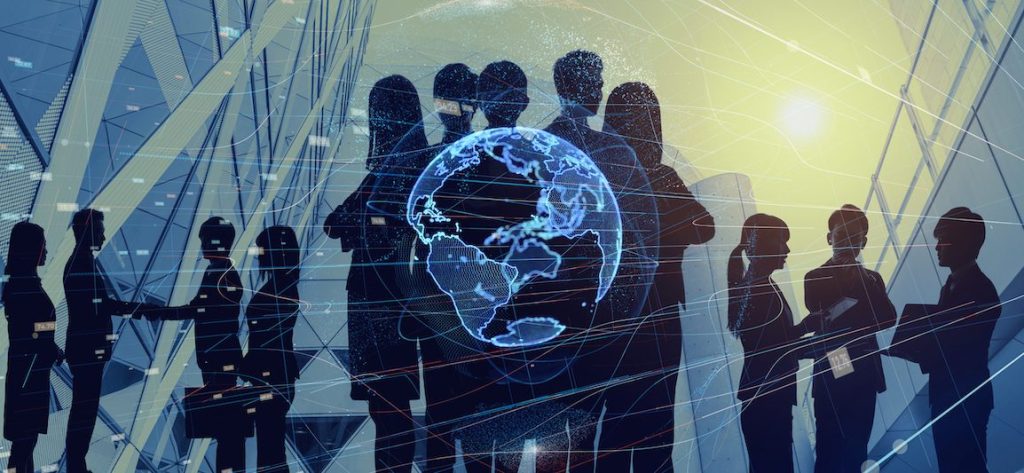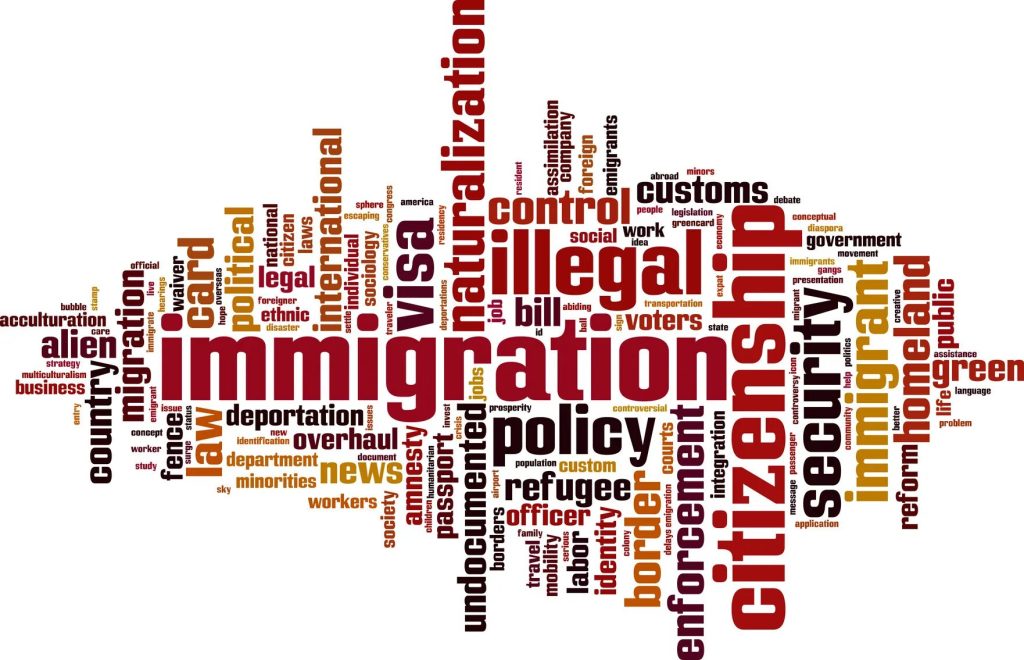
Cultural Assimilation and Social Inclusion.
Michael Shvartsman highlights the importance of social inclusion, stating, “Creating an environment where immigrants feel welcome and valued is essential for their successful integration. It’s about building bridges between different cultures and recognizing the contributions that immigrants make to our society.”
Cultural assimilation and social inclusion are often overlooked aspects of the immigrant experience. Immigrants may face:
- discrimination,
- cultural misunderstandings,
- a lack of social support,
These can hinder their ability to integrate into society. Promoting cultural exchange and understanding can help bridge these divides and create a more inclusive society.
Community programs that encourage interaction between immigrants and native-born citizens can foster mutual respect and understanding. Additionally, providing support networks, such as mentorship programs and community centers, can help immigrants navigate the challenges of adapting to a new culture.

Policy Solutions for Immigrant Challenges.
Addressing the challenges faced by immigrants requires a comprehensive approach that includes legal reform, economic integration, and social inclusion. Policymakers must work to create fair and transparent immigration processes that provide clear pathways to legal status and citizenship. Additionally, investing in programs that support economic integration, such as job training and language education, can help immigrants achieve their full potential.
Social inclusion efforts should also be prioritized, with initiatives aimed at fostering cultural exchange and building supportive communities. By taking a holistic approach to immigration, we can create a society that is more inclusive, equitable, and prosperous.
Michael Shvartsman concludes, “The challenges faced by immigrants are significant, but they are not insurmountable. By working together and implementing thoughtful, inclusive policies, we can create a society where immigrants are empowered to succeed and contribute to the collective well-being.”
The challenges faced by immigrants are deeply rooted in legal, economic, and social systems. Addressing these issues requires a multi-faceted approach that recognizes the complexity of the immigrant experience. By reforming immigration policies, supporting economic integration, and promoting social inclusion, we can create a more inclusive society that benefits everyone.

Michael Shvartsman’s insights underscore the importance of empathy and understanding in addressing immigrant challenges. He emphasizes that the success of immigrants is not just beneficial to them, but to the entire society, as it leads to a more diverse, dynamic, and prosperous community. By taking action to support immigrants, we are investing in the future of our society as a whole.
